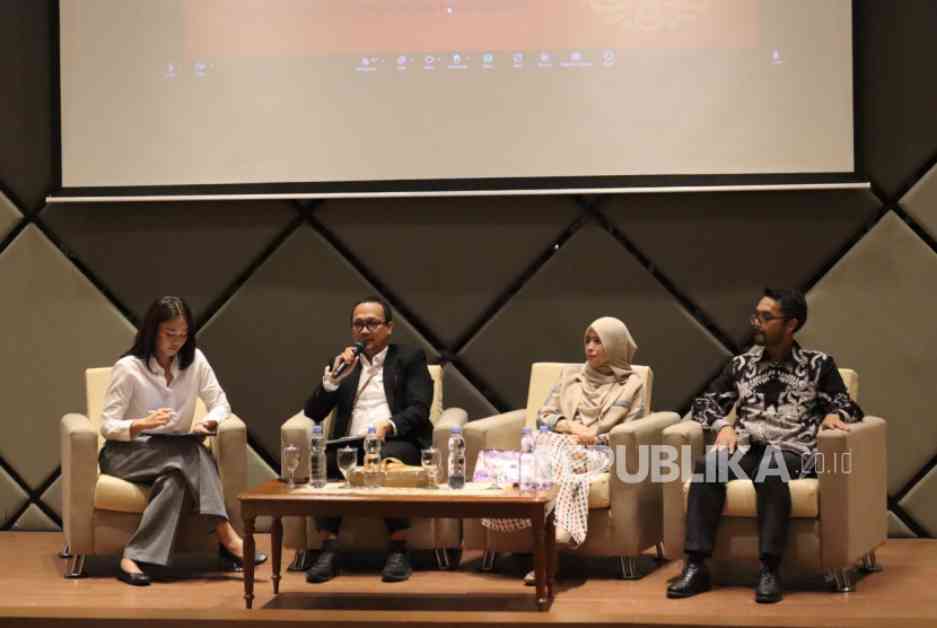In Jakarta, a vital discussion on strengthening the role of prosecutors in the revision of the Criminal Procedure Code (KUHAP) has sparked hopes for more effective law enforcement. This move aims to enhance the effectiveness of the law enforcement system, known as Gakkum, by giving prosecutors full control over the progression of cases. The term “dominus litis” underscores the prosecutor’s authority in overseeing investigations and prosecutions in court, a concept prevalent in many civil law countries. Dr. Junaedi, a lecturer at the University of Indonesia’s Faculty of Law, emphasized the importance of reinforcing this concept in Indonesia to streamline law enforcement efforts.
Dr. Junaedi made these remarks during a Panel Discussion titled “Prosecutors as Case Controllers in the Perspective of Law No.1 of 2023 (New Criminal Code)”, organized by the University of Indonesia’s Faculty of Law on February 20, 2025. Other speakers at the event included Dr. Febby Mutiara and Choky R Ramadhan, PhD, both experts in the field of law.
Choky Ramadhan highlighted the weak relationship between investigators and prosecutors in Indonesia, particularly during the initial stages of investigation. He pointed out the inconsistency in sending the Letter of Commencement of Investigation (SPDP) from investigators to prosecutors. According to Constitutional Court Decision No. 130/PUU-XIII/2015, the SPDP must be sent within 7 days of the start of an investigation. However, prosecutors often do not receive this notification, leading to delays in supervising investigations and prolonging case handling time.
The lack of coordination between investigators and prosecutors results in many unresolved cases, undermining the efficiency of the justice system. In countries like France and the Netherlands, prosecutors have more significant control over investigations to ensure the completeness of case files before they are brought to court. This practice is worth considering for Indonesia’s legal system, emphasized Choky.
Dr. Febby Mutiara identified the constant back-and-forth of case files between investigators and prosecutors as a significant challenge in Indonesia’s criminal justice system. This process frequently hampers judicial efficiency and prolongs case resolution time.
In conclusion, the discussion on reinforcing the role of prosecutors in the KUHAP revision holds promise for a more effective law enforcement system in Indonesia. By empowering prosecutors as case controllers, the legal landscape may witness improvements in case resolution times and judicial efficiency. The need for better coordination between investigators and prosecutors, as well as streamlining the handover of case files, can lead to a more robust justice system. As Indonesia navigates these reforms, the collaboration between legal experts, academics, and practitioners will be crucial in shaping a more effective and just legal system.














